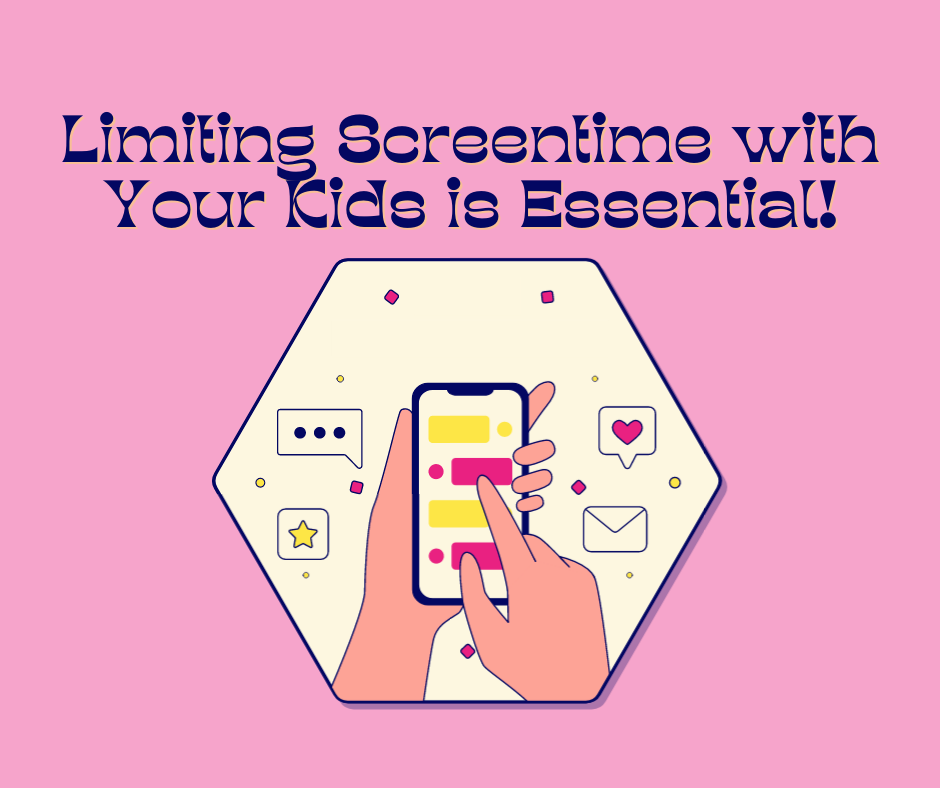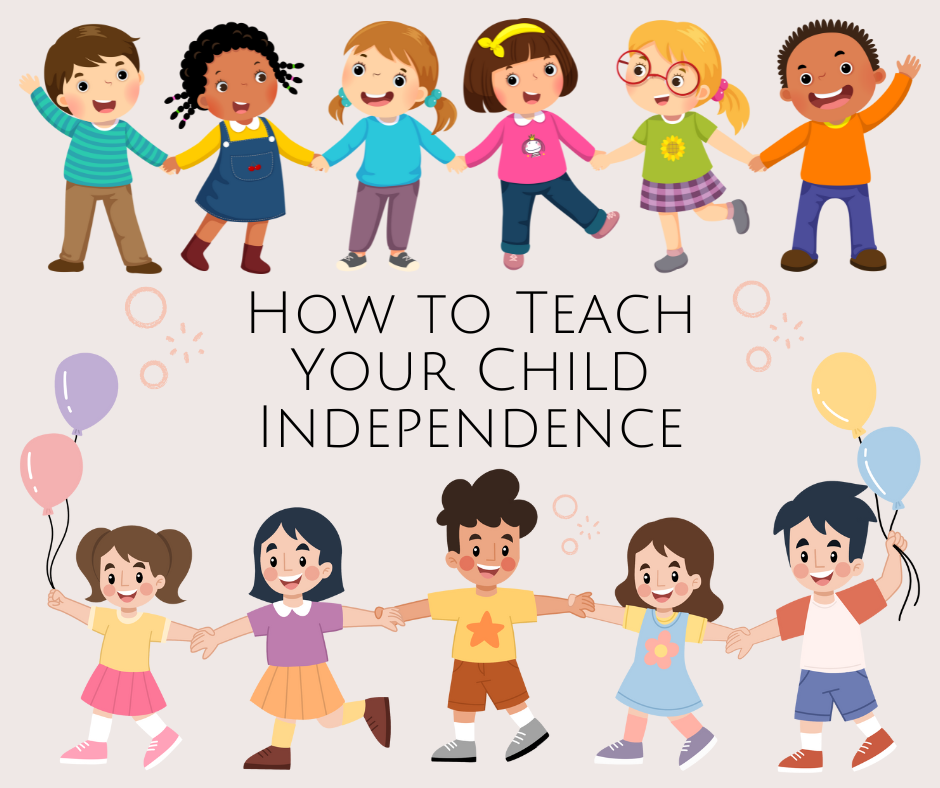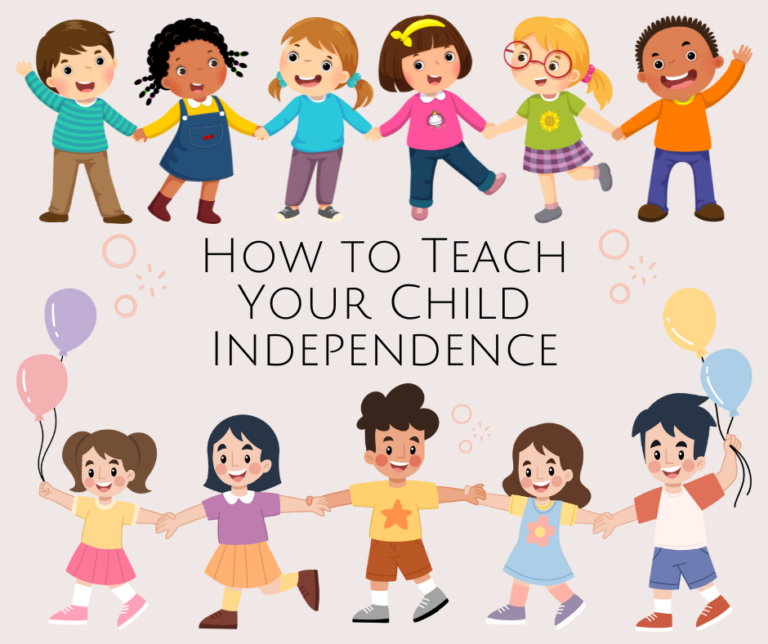Screen time has become an increasingly prevalent part of children’s lives, with technology playing an ever-growing role in their education and entertainment. While screen time can be beneficial in certain contexts, it is important to limit the amount of time children spend in front of screens to ensure their overall health and well-being.
1. Too Much Screen Time is Bad for the Physical Health
First and foremost, excessive screen time has been linked to negative effects on children’s physical health, such as poor posture, eye strain, and headaches. Furthermore, it has been linked to the rise of childhood obesity, as children who spend more time in front of screens tend to be more sedentary and less active. This inactivity can also lead to poor sleep patterns, as the blue light that is emitted from screens has been shown to interfere with the formulation of melatonin, the hormone that regulates sleep.
2. It is Also Bad for Mental Health
Moreover, excessive screen time can also have negative impacts on children’s mental health and well-being. It has been linked to an increase in anxiety, depression, and behavioral problems. Additionally, children who spend too much time on screens may struggle with social skills and face challenges in forming relationships, as they have less opportunity to engage in face-to-face interaction and play with their peers.
3. It Affects Their Cognitive Function
Furthermore, screen time can also interfere with children’s learning and development. Children who spend too much time on screens may struggle to concentrate and retain information, and they may be less likely to enhance their critical thinking and problem-solving skills. They may also struggle to develop fine motor skills, as they do not have the same opportunities to engage in activities that involve manipulating objects and using their hands. They’re not going to exercise their brain by simply staring at a screen—they need to do hands-on activities!
4. It Stunts Their Moral Progress
Finally, excessive screen time can also have negative impacts on children’s values and attitudes. Children who spend too much time on screens may be exposed to inappropriate content, including violence, hate speech, and other forms of harmful material. Indeed, some children’s videos on YouTube may even fool you into thinking they’re children’s shows and then show them something not kid-friendly halfway through!
Children may also be more likely to develop a sense of entitlement and become less resilient, as they have less exposure to challenges and opportunities for learning through failure and perseverance.
Conclusion
In conclusion, parents and caregivers need to limit children’s screen time to ensure their overall health and well-being. This can be done by setting boundaries and rules around the use of technology, encouraging children to participate in physical activity and other forms of play, and fostering a love of learning through hands-on experiences and exploration. By doing so, we can help children develop the skills, values, and attitudes they need to thrive in the 21st century.
Put the tablet down, turn off your cell phone, and interact with your child like any good parent should do. Don’t just delegate taking care of your child to an inanimate object, especially when there are so many reasons you shouldn’t do so!










